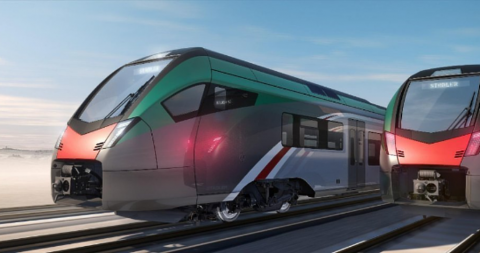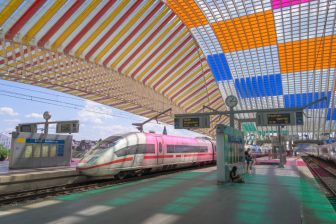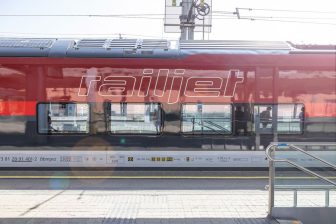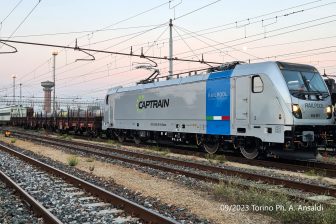
Stadler to supply 30 diesel trains to Ferrovienord
Stadler signed a framework agreement with Italian transport group FNM for supplying thirty battery-equipped diesel-electric trains with an option for twenty additional units. The first units are expected to run on the routes of Ferrovienord, subsidiary of FNM, in 2021. All the trains should be supplied within eight years.
The minimum order has been set at thirty three-wagon diesel trains, valued at a total 191.85 million Euros. The overall amount may increase to 319.75 million Euros due to an additional twenty units. The framework agreement also includes first-level scheduled maintenance service and corrective maintenance for acts of vandalism and accidental events. The deal is a part of a 1.6 billion-Euro rolling stock programme of the Lombardy Region, where the Ferrovienord trains run.
“We are continuing to renew the fleet of trains, made possible by the financing and indications of the Lombardy Region. The aim remains ensuring the best service for the 750,000 people who use the regional railway service every day. The particularly innovative specifications of these diesel-electric trains will ensure the quality and performance standards to be among the best in Europe,” said the chairman of FNM Andrea Gibelli.
Technical specifications
The three-wagon trains will be 66.8 metre long and have a capacity of 328 passengers, 168 of whom are seated. The bidirectional units will run at a maximum speed of 140 kilometres per hour. The trains will be equipped with a toilet, LED lighting, Wi-Fi, 220 volt sockets, USB ports, a passenger information system, cameras for video surveillance and a lighting assistance system that indicates door opening and closing. Also, they will be accessible for people with reduced mobility and bicyclists.
The new fleet will be thrifty in fuel consumption that allows to save 3 million Euros per year. Moreover, the trains will be equipped with two latest-generation, low-emission diesel engines and two sets of batteries. Such specifications allow for emission reductions and a zero-emission level during stops at railway stations. The new technologies will increase the acceleration of the trains by 20 per cent and reduce travel time between numerous stations situated close to each other.
Also read:



